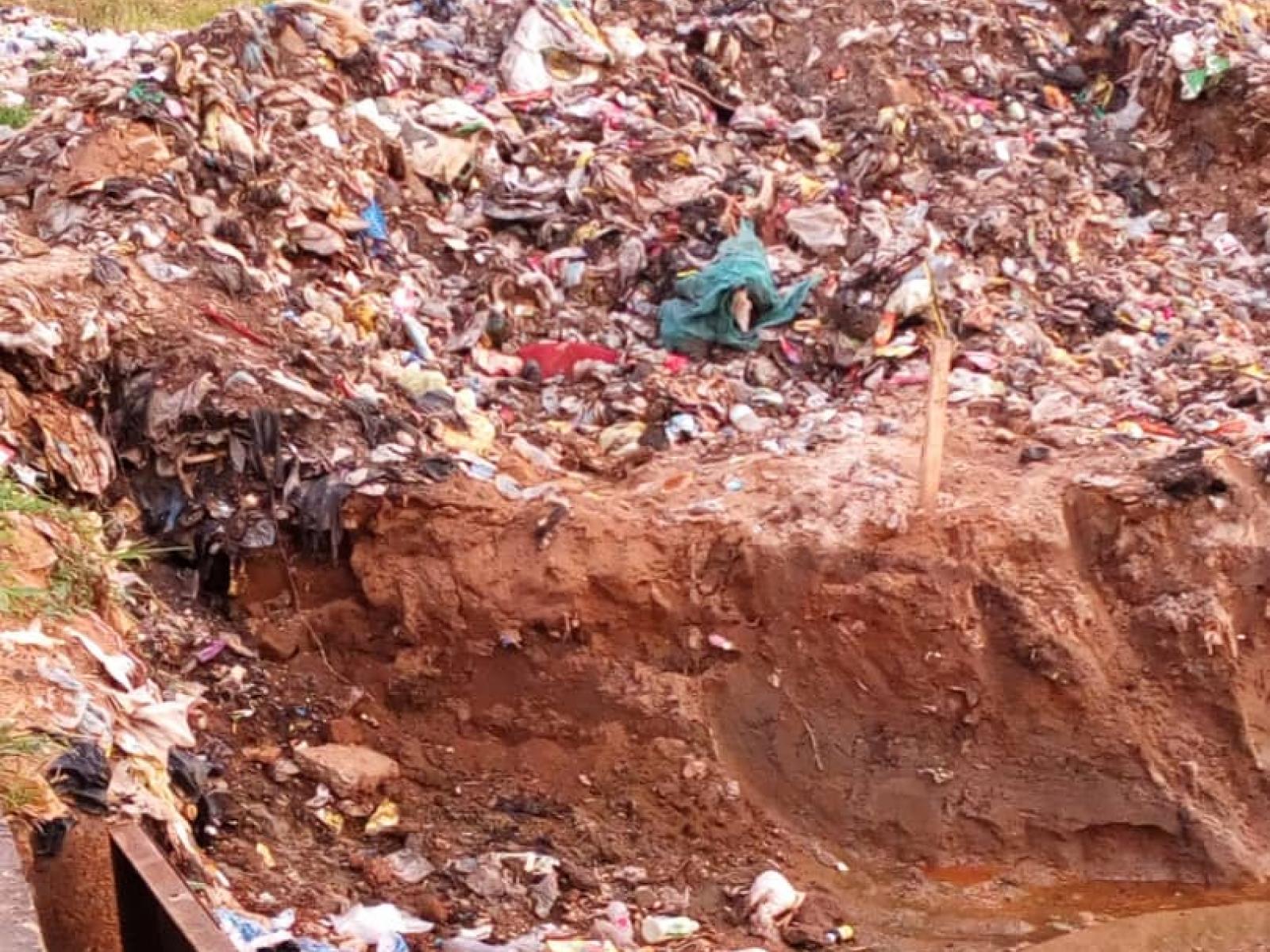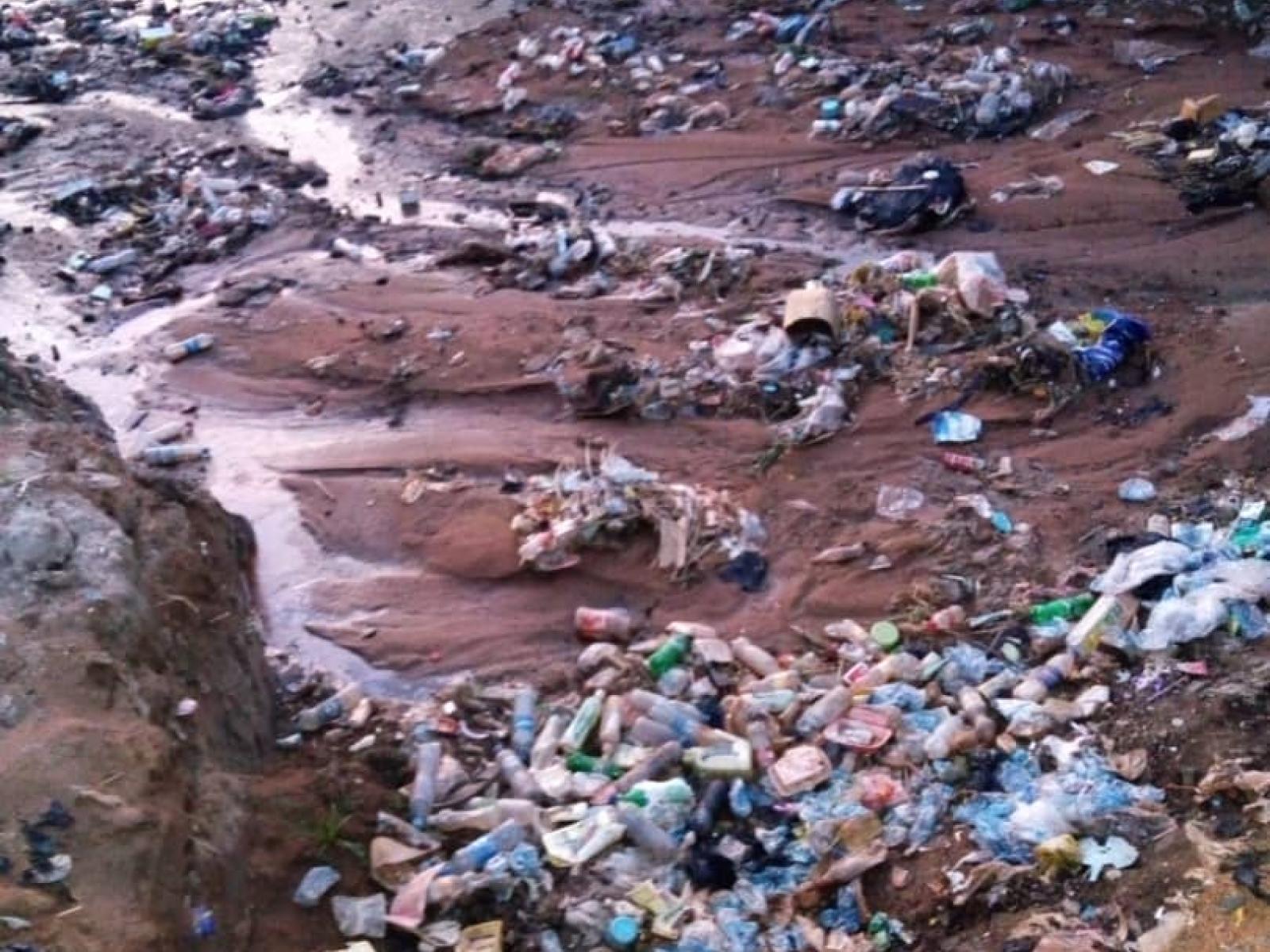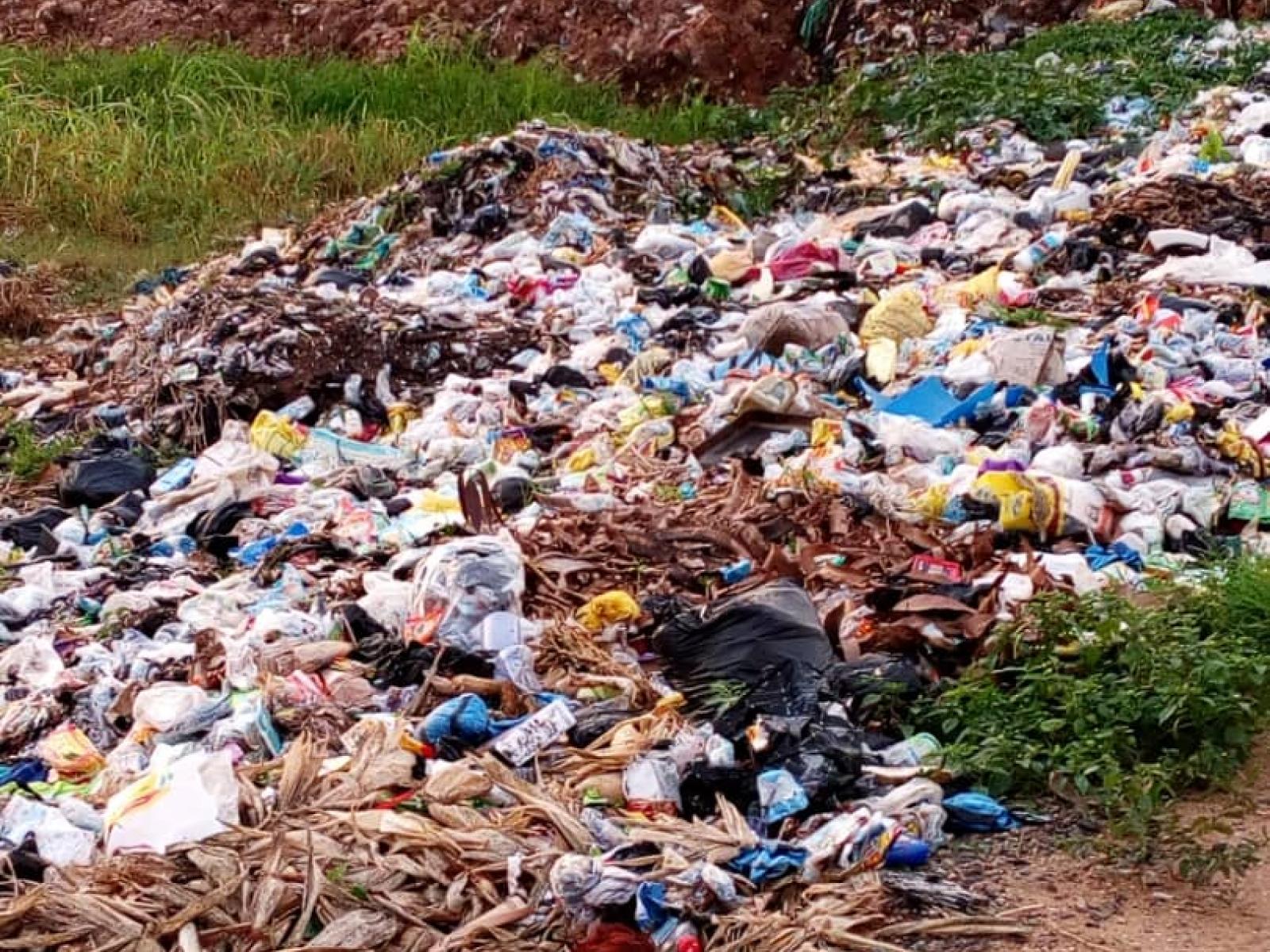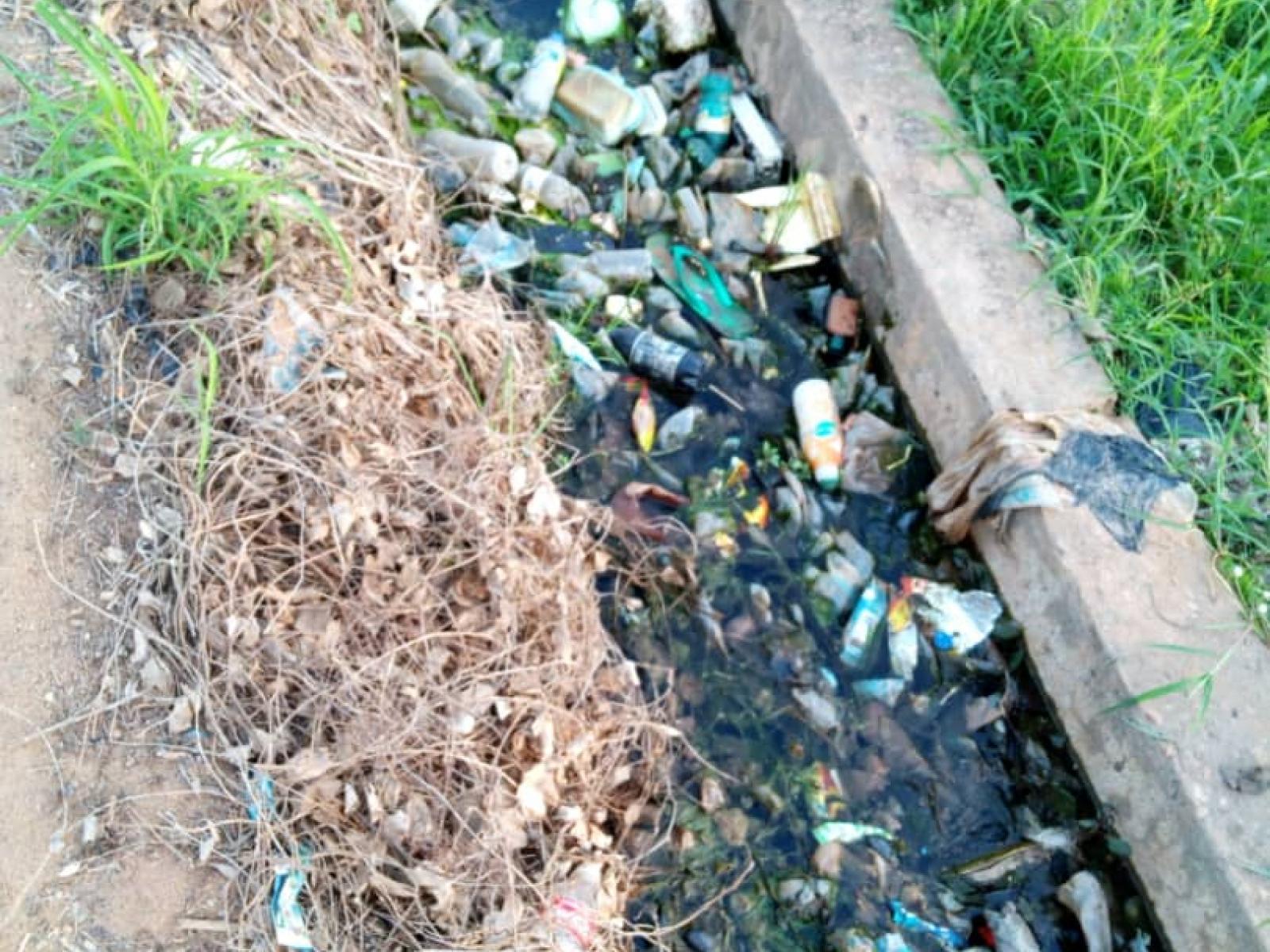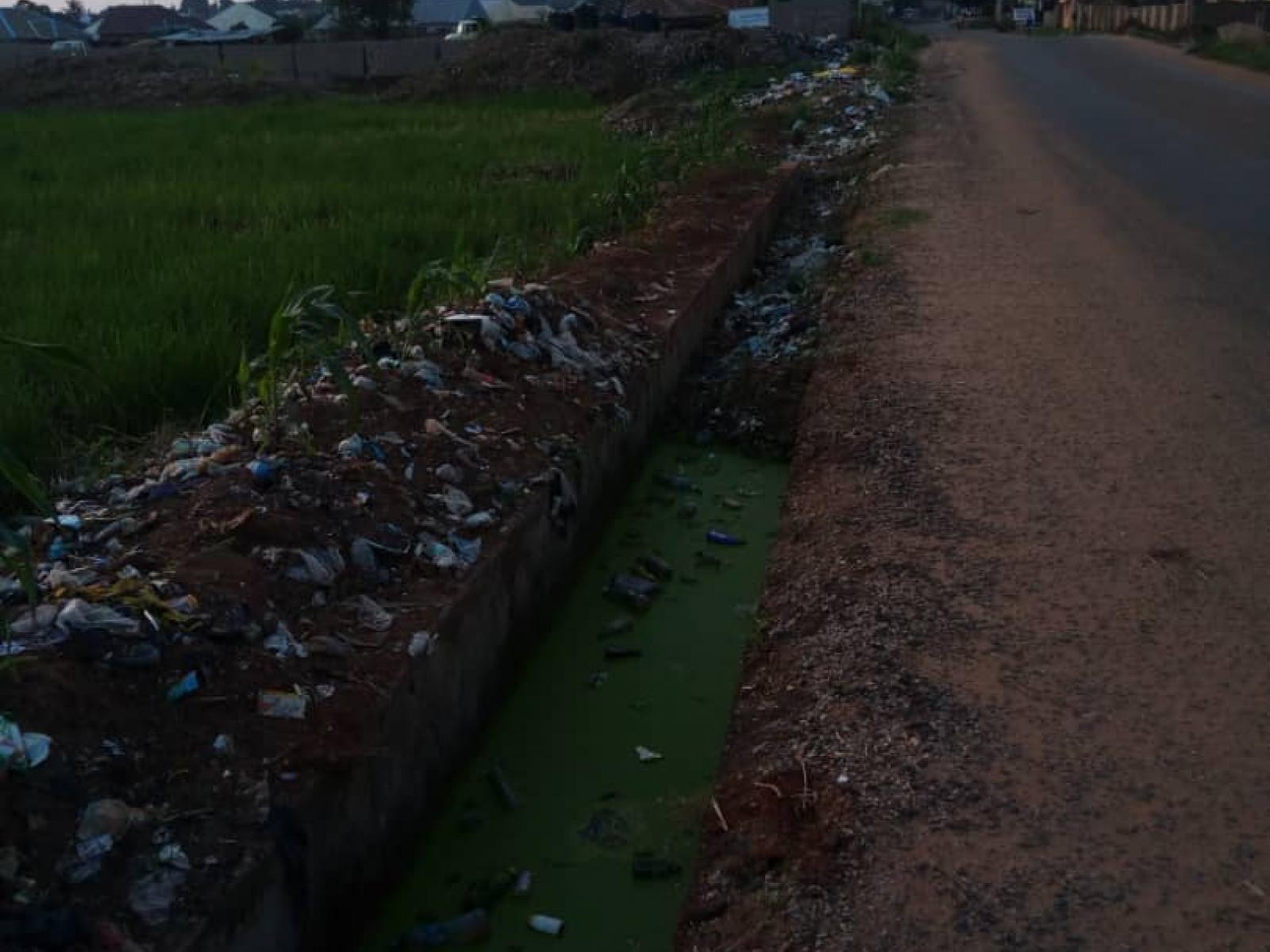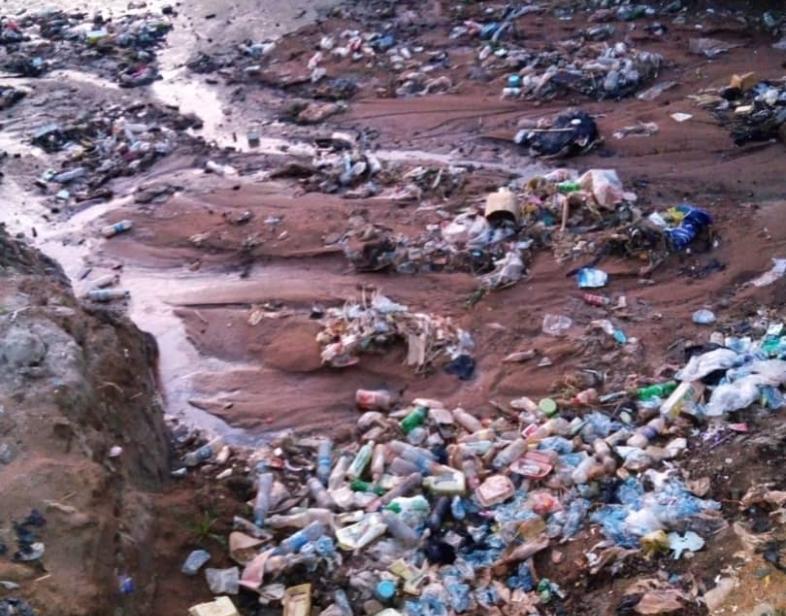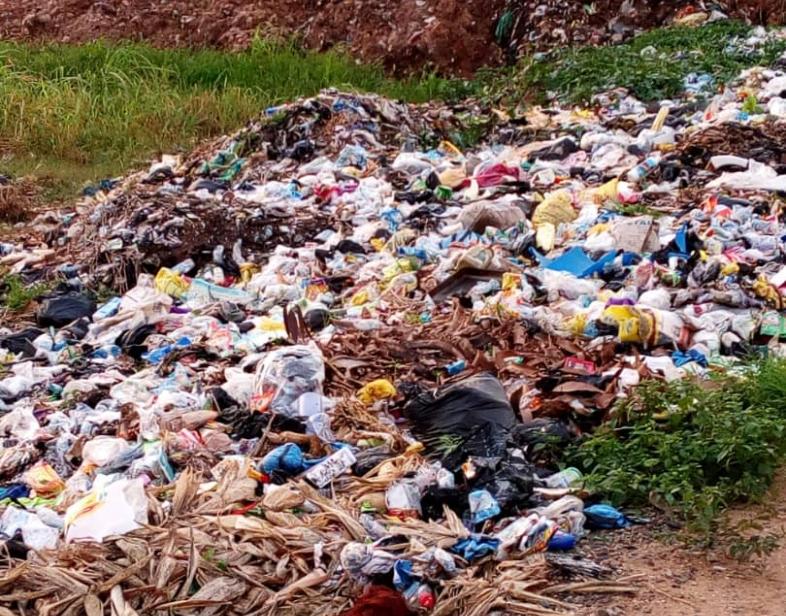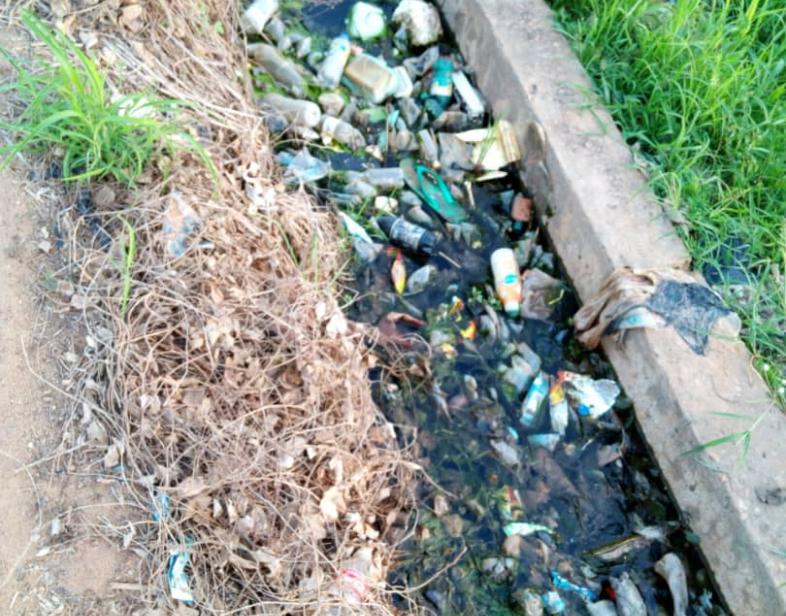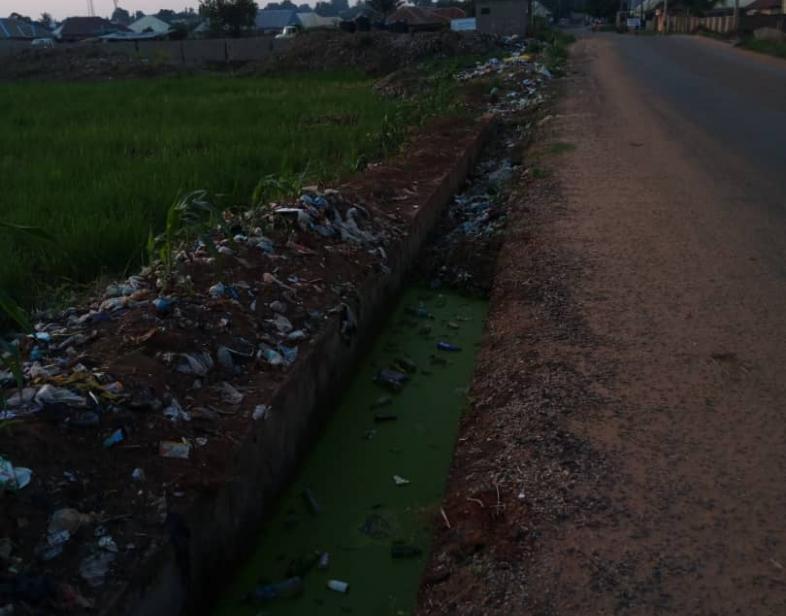An Overview Of Our Solution
The SDG 13 strives to ensure Climate Action by 2030 with an emphasis `not to leave anyone behind; ensuring the rights of girls, boys, women and men, people living with disabilities and other excluded groups are protected and preserved.
This proposal shares implementation experiences where education and climate action can reinforce engaging adolescents, young people and adults. The emphasis is facilitating climate change and environment programme in community in Achusa community Benue State.
The project consciously considered the needs, aspiration of community members, in-school, out-of school children as ‘’Environment Ambassadors’’ aimed at promoting behaviour change.
The project recommends adoptable scale up strategies on how to increase the scope and sustain learning initiative and behaviour change amongst community members.
- Population Impacted: 2647
- Continent: Africa
Context Analysis
From a survey conducted in Achusa community with the aim of understanding community members awareness of waste disposal preference & willingness of behavioural change, perception + attitude towards waste management & environmental management. A separate FGD with young people revealed low knowledge on the climate change, more than 85% of community members feel uncomfortable about the way waste is managed and are willing to participate in waste management activities, similarly 18% prefer to self-disposal of waste to community bin, In another FGD 62% of the women would like to learn more about income getting activities from plastics. They were aware of the dangers of indiscriminate waste disposal yet had a negative attitude towards waste disposal. The community usually dumps their waste close to a major drainage at the start of the community. It was also recorded that plastic bags & bottles were used in setting fire for their daily cooking a harmful practice to the environment.
Describe the technical solution you wanted the target audience to adopt
Community Led Climate Action Project will improve living condition among the poor, sustainable growth and economic development in line with Sustainable Development Goal 1. Since the livelihood of more than half of the economically active population in the rural community directly depends on the environment through agriculture, as well as animal husbandry, hunting, fishing, forestry and foraging. The project will guarantee and achieve food security in line with Sustainable Development Goal 7, 9, 10. Since the poor depends mostly on cultivation of land to survive, the project will create alternative means of livelihood for both men and women in sanitation marketing, commercial activities like beans-cake, fishing, and it can also create jobs for instance Climate Change Ambassadors. The project will also improve educational attainment of both men and women through their children who would be part of Climate Change Education Clubs meeting the Sustainable Development Goal 4 and 13.
Type of intervention
Describe your behavioral intervention
There is a recognized need to adapt to changing climatic condition, there is is an emerging discourse of limits to such adaptation The limit are traditionally analyzed as a set of immutable thresholds in biological, economic or technological parameters.
This contends that limits to adaption are endogenous to society and hence contingent on ethics, knowledge , attitudes to risk and culture .
We review insight from history, sociology and psychology of risk , economics and political science to develop four propositions concerning limits to adaptation
First, the need for proper waste management, waste disposal and waste sorting behaviour are gradually changing through continuous dissemination of information.
Empirical evidence from a range of perspectives, contending that many previous analyses have considered adaptation from narrower standpoints: predominantly ecological, physical , economic or technical. We put forward our case by articulating information propositions around ethics, knowledge, risk and cultures around Achusa community. The behaviour intervention is to facilitate behaviour change in community members from indiscriminate disposals of waste to acquiring knowledge on proper waste management, and bring socio, economic development and health safety for their community at large.
As needed, please explain the type of intervention in more detail
Community led Climate Action intervention is meant to change behaviour of Benue state particularly Achusa community where they lack awareness about waste management, climate change effects and proper waste management as another source of livelihood
Describe your implementation
Community Led Climate Action Project Activities include:
• Participatory Community Needs Assessment
• Facilitate community awareness on climate change and environment
• Establishment of Environment Ambassadors Group in the community
• Production of IEC materials and Posters
• Facilitate the school to school climate change and environment campaigns
• Established Environment, Health and Hygiene Clubs (EHHClubs)
• Production of Climate Change Education Handbook for school children
• Provision of economic trees to community members for planting
• Conduct Tree Planting Campaign
• Clean Up Campaigns
• Provision of reusable/waste Baskets/bins for households and schools
• Provision of Household Rooftop Rainwater Harvesters
• Facilitate training of teachers (ToT) on Climate Change mitigation and adaptation
• Facilitate training of community facilitators on water management, building resilience in adapting to a changing climate for Integrated Water Resources Management (IWRM) in the community
External connections
• The Traditional council were involved in the planning phase of the project, they would serve as the driving force for sensitizing parents and the entire community on importance of having a clean environment. They would provide technical support by mobilizing resources to support the project, and also form part of members of Project Advisory Committee
• Environment Ambassadors Group shall be constituted comprising of Parents, Teachers and community men, women, girls and boys selected by the community general assembly through a Positive Deviant Approach. They would be involved in monitoring the students especially girls and following up on all school based activities.
Who adopted the desired behaviors and to what degree?
Adolescents in schools, Young persons and adults in the community through the use of Information Education and Communication materials, Posters, Community Radio and use of social media to raise awareness that will foster behaviour change
How did you impact natural resource use and greenhouse gas emissions?
The provision of school based and community environment information through awareness creation has ensured the rights of school children and community members to acceptable hygiene practices and a healthy school environment in general. The impact could have further beneficial effects, for example:
• Adaptable environment for all
• Healthy environments facilitate more effective learning in schools.
• Opportunities for community members to gain life-long positive environment preservation behaviours.
• Opportunities to bring out innovations in that foster sustainable behaviour change
What were some of the resulting co-benefits?
Community members would have increased range of economic alternatives, per capital income, improve their life expectancy and eliminate them from poverty.
Since women and children bear the burden of managing the household, house chores will be less demanding, the availability of water will enhance their health status of children and pregnant women, girl child academic performance in school will be improved as well as they will be reduction in stigmatization due to poor hygiene practices in line with Sustainable Development Goal 6. DevTrain team shall develop strategic messages on climate change mitigation, adaptation, waste management and environmental preservation, these messages shall be in form of Information, Education and Communication materials, Posters and disseminated through groups, associations and religious organizations to enhance behaviour change
Sustainability
Building economic capacity of school children through the Environmental and Health Clubs to support continuous socio-economic enterprises and micro-businesses
All training's for the girls and boys, men and women and other stakeholders will promote Environmentally friendly businesses & Climate change Education
Return on investment
Budget Summary
DEVTRAIN - COMMUNITY AND ENTREPRENEURSHIP DEVELOPMENT INITIATIVE
Total Amount Budgeted Proposed Cost Care of DevTrain %
Personnel 0%
Training 60,000.00 60,000.00 20%
Equipment 70,000.00 70,000.00 23%
Programming Expenses 150,000.00 150,000.00 50%
Operational Expenses 20,000.00 20,000.00 7%
TOTAL 300,000.00 300,000.00 100%
How could we successfully replicate this solution elsewhere?
Yes we would replicate
